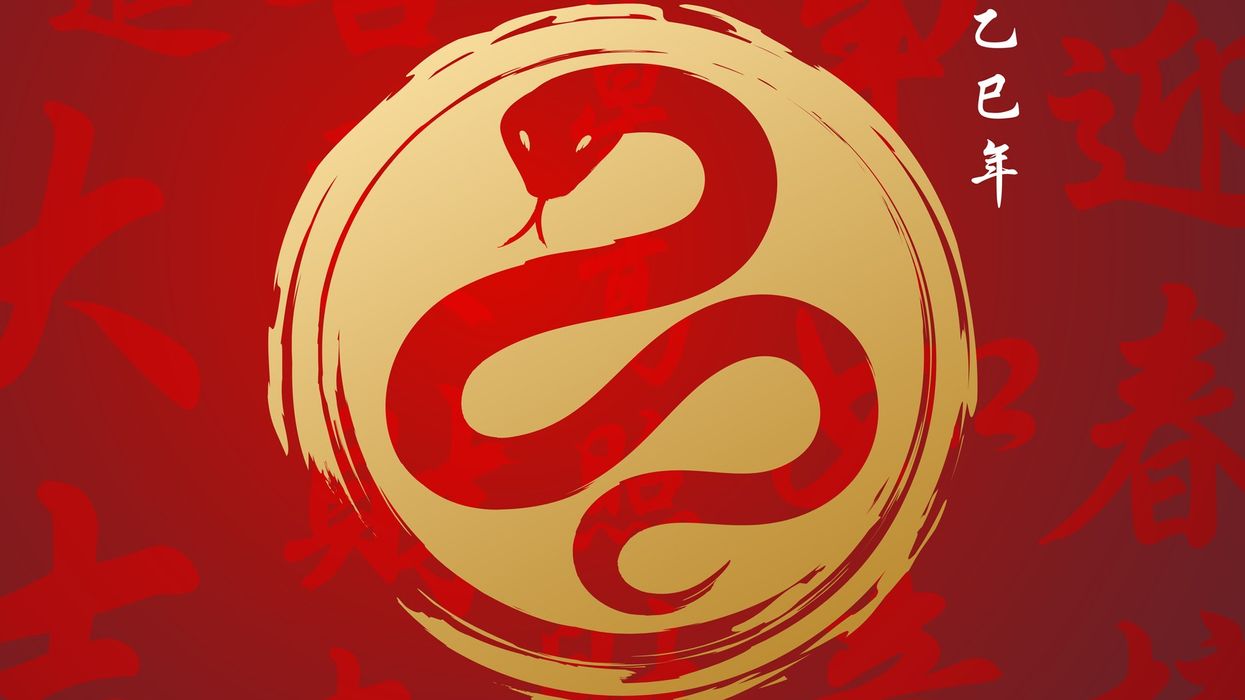While giving evidence to the Covid Inquiry on Thursday (30) former health secretary Matt Hancock said his “single greatest regret” concerning the pandemic was not “overruling” advice from scientists who allegedly said that Covid could not be transmitted asymptomatically.
The former health secretary revealed that advisers had informed him during the initial months of the crisis that there was no "concrete evidence" of the virus spreading between individuals without symptoms, The Daily Mail reported.
In a much-anticipated appearance before the Covid Inquiry on Thursday (30), he mentioned aligning himself with the cautious perspective regarding asymptomatic transmission.
During the session, Hancock recounted his concerns dating back to January 2020, when troubling data surfaced, suggesting potential unnoticed spread of the virus.
Reflecting on hindsight, he expressed regret for not acting on his instincts, believing that earlier recognition could have prompted changes in infection control strategies within hospitals and care facilities.
Notably, records from a January meeting among Government advisers highlighted discussions acknowledging the plausibility of asymptomatic transmission.
During the pandemic's peak, Government's key Covid advisors, Sir Chris Whitty and Sir Patrick Vallance, indicated in emails submitted to the Inquiry that the transmission of the virus without symptoms was 'clear' by March 2020.
Former No.10 aide Dominic Cummings similarly pointed out the apparent evidence of asymptomatic spread by mid-March. However, Hancock contradicted these assertions, dismissing Cummings' comments as "not accurate."
During his testimony, Hancock conveyed that he had knowledge of the potential for the virus to spread asymptomatically and had raised this concern as early as January 2020.
He acknowledged being aware of “anecdotal evidence” suggesting the virus could transmit without symptoms. However, he clarified that the prevailing policy at the time operated under the assumption that such transmission did not occur.
“My single greatest regret with hindsight was not pushing on this harder and ultimately not overruling the formal scientific advice I was receiving,” he said.
He mentioned that initially, the World Health Organisation (WHO) had indicated no documented cases of asymptomatic transmission. However, he highlighted that in April 2020, the US Centre for Disease Control and Prevention (CDC) released a survey suggesting the likelihood of such transmission being “high.”
Hancock said the "fog of uncertainty" surrounding asymptomatic transmission, was “deeply frustrating.”
He expressed his stance by stating, “I was in the pro-let's worry about asymptomatic transmission camp. The frustration was that, understandably from their point of view, and here I'm putting myself in their shoes, the PHE scientists said we have not got concrete evidence.”
When asked about the Government's awareness of asymptomatic transmission, he mentioned having "a significant amount of anecdotal evidence."
However, he clarified that “the scientific advice required, or formally advised, policy should be based on the assumption of no asymptomatic transmission.”
During his testimony to the inquiry, Hancock discredited Cummings' evidence as “not accurate.”
The former chief adviser of No.10 had previously asserted that by March 11, 2020, there was a general understanding that a 'large percentage' of Covid transmission happened asymptomatically.
Additionally, lead counsel Hugo Keith KC told Hancock that planning material presumed such transmission would occur.
Hancock responded by stating that much of the particular witness's evidence was inaccurate across various areas, including the mentioned details.
He added, “I took the precautionary principle, in some cases overruling the scientific advice on the precautionary side.”
During the inquiry, messages exchanged between Sir Chris Whitty and Sir Patrick Vallance indicated their surprise at Boris Johnson and Hancock's alleged lack of awareness regarding asymptomatic transmission.
In a conversation dated July 24, 2020, Sir Patrick, the then chief scientific adviser, asked, "Why are PM and Matt Hancock saying we didn't know about asymptomatic transmission?"
Sir Chris, England's chief medical officer, responded, “I have no idea. We did not know how important they were, that is correct.”
Regarding the matter, it was acknowledged that the prevalent belief was that transmission was most likely to occur after symptoms emerged.
Sir Patrick remarked, “Not by March. I think we were pretty clear that we thought there was asymptomatic transmission.”
Sir Chris concurred and said, “Yes. We will have to put up with quite a bit of this. Just as well Sage minutes are public domain.”
Commenting on the messages, Hancock said, “There was huge uncertainty on this question.
“It is deeply frustrating to me now, and it was deeply frustrating to me at the time, that being "pretty clear" was not good enough to change the scientific advice I was receiving on which to base policy.”
When asked about potential measures that could have been implemented with clearer advice, Hancock said, “It made a difference in terms of how infection prevention and control was done within health and care settings. That is very clear.”




















